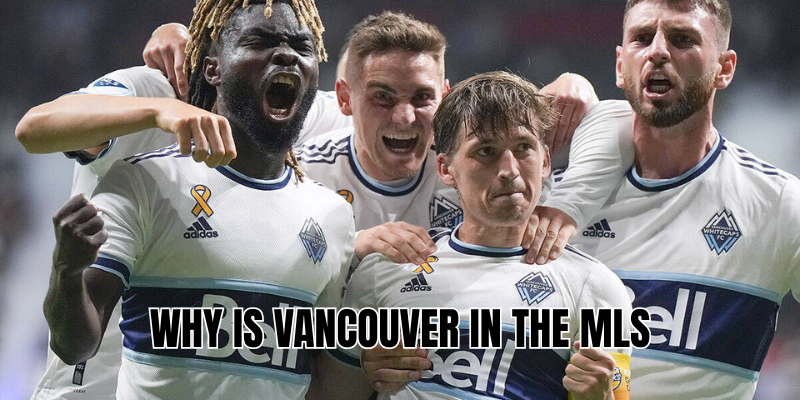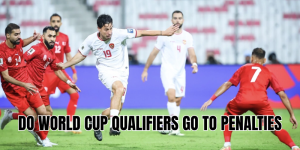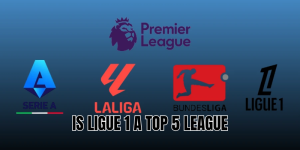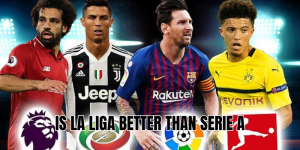Why is Vancouver in the MLS is a question loaded with history, business, soccer ambition—and passion. Vancouver Whitecaps FC didn’t just wake up one day in Major League Soccer; they built their way there. In this article, MatsuGoal will take you through Vancouver’s long road to joining the MLS, why Canada has teams in what’s officially a U.S.-based league, and what it means for the sport.
Early roots of Vancouver Whitecaps
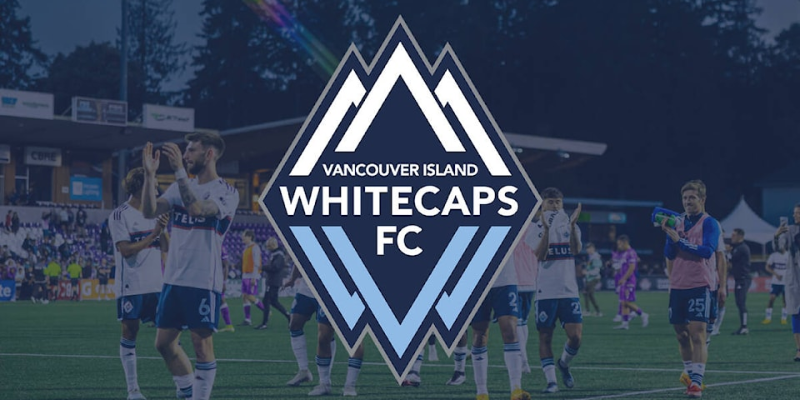
Vancouver’s football story begins long before MLS expansion bids or international fixtures.
- The original Vancouver Whitecaps were founded in 1973, competing in the North American Soccer League. They became one of the memorable names in North American soccer thanks to players like Alan Ball and by winning the Soccer Bowl in 1979.
- After NASL folded in the mid-1980s, the club was reborn as the Vancouver 86ers (1986), moving through various Canadian and U.S.-based lower leagues (including the USL). Over time, the club reclaimed the traditional Whitecaps name and legacy.
- By late 2000s, the club had built enough fan base, infrastructure, and competitive consistency. Vancouver had proven it could sustain professional soccer. Thewas set.
MLS expansion and Vancouver’s inclusion
What triggered MLS to add Vancouver?
MLS in the 2000s was growing. The league wanted to expand its footprint in North America, improve television rights, tap into new markets, and increase its competitive standard. Canada presented both opportunity and challenge. Vancouver (along with Toronto and Montreal) had proven fanbases, history, and strong urban markets.
In 2009, MLS officially awarded Vancouver the seventeenth franchise. The new team would begin play in 2011, joining the Portland Timbers (also new at the time) as expansion clubs.
What made Vancouver appealing?
A few factors:
- Vancouver already had stadium capacity and infrastructure in place.
- There was a strong ownership group ready to invest, including local businessmen who understood the market.
- The city had a strong soccer tradition, both at youth and community levels, and a passionate fan base. Vancouver fans had supported teams through ups and downs.
Why does Canada have teams in a U.S.-led league?
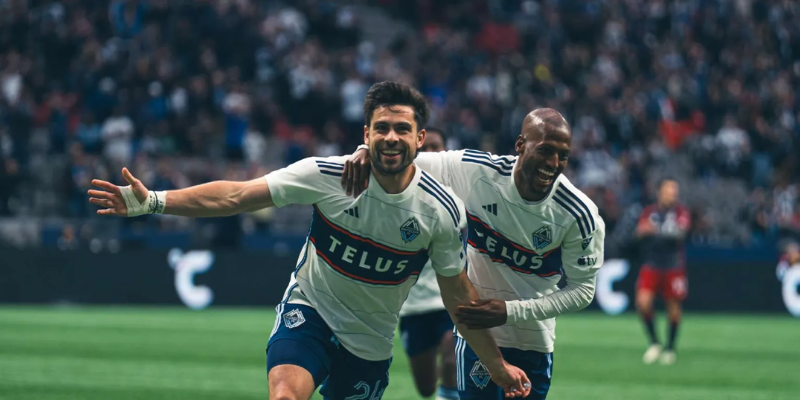
It might seem odd at first glance: MLS is technically a U.S. league, yet there are multiple Canadian clubs. Here’s why and how:
- Canadian Premier League (CPL) is newer and still developing. It doesn’t yet match financial strength, exposure, or competitive depth of MLS. Clubs like Whitecaps, Toronto FC, and CF Montréal can reach higher standards quicker.
- International competition exposure. Being in MLS gives Canadian teams access to broader markets, stronger opposition, better player recruitment, and ultimately improved competitiveness for national team players.
- Geographical and economic reasons. It’s easier (historically) for Canadian teams to join U.S. leagues in soccer than to build entirely separate systems that compete with U.S. media, sponsorship, travel logistics, etc. MLS decided to integrate Canadian teams fully—into league regular season, playoffs, etc.—rather than treat them differently.
What changed after Vancouver joined MLS
Joining MLS in 2011 had many effects—for the club, for Canadian soccer, and for fans.
- Vancouver immediately began competing at a higher level. That meant signing better players, improving youth academy programs, and investing in facilities.
- They also became part of the Canadian Championship regularly, which determines Canada’s representatives in CONCACAF club competitions. Winning titles there boosted prestige.
- The presence of Canadian teams in MLS raised soccer’s visibility in Canada, inspiring more youth participation, sponsorship interest, and media coverage. Who Canadian players become role models like Alphonso Davies owes partly to the MLS platform.
Addressing common questions & misconceptions
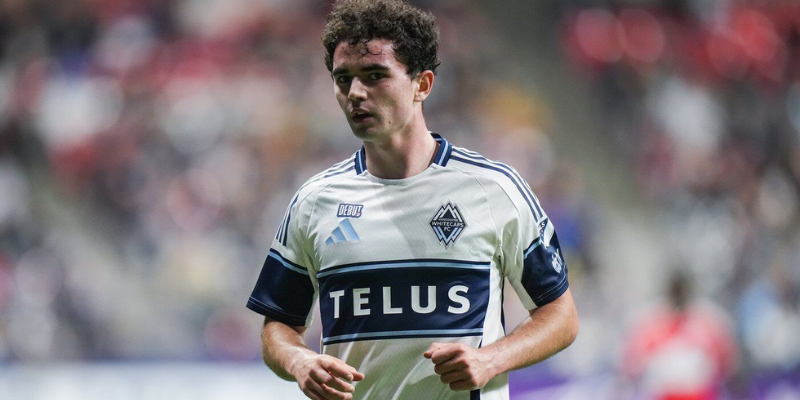
Here are some things people wonder about when asking why is Vancouver in the MLS, and clarifying misconceptions.
| Question | Clarification |
| Doesn’t Canada have its own league? | Yes, Canada Premier League exists, but it’s newer (launched in 2019) and operates with lower budgets, less media revenue, smaller stadia, and less exposure compared to MLS. Many top Canadian teams and players found better opportunities in MLS historically. |
| Are Canadian teams just “guests”? | No. Canadian MLS teams (like Vancouver, Toronto, Montréal) fully compete in MLS regular season, playoffs, and are treated like U.S.-based clubs in most respects. Their nationality brings extra context (e.g. Canadian Championship, CONCACAF spots) but MLS has accommodated that. |
| Does this harm Canadian domestic soccer? | There are trade‐offs. Some argue MLS presence slows development of entirely domestic competitive infrastructure; others say it accelerates it by raising standards. The actual effect is mixed but trending positive—improved youth development, more investment. |
The present and future: Vancouver Whitecaps today
- As of mid-2025, Vancouver Whitecaps have won multiple Canadian Championships (including recent years) and frequently participate in CONCACAF competitions. They made a run to the CONCACAF Champions Cup final.
- Stadium questions continue: Vancouver uses BC Place (renovated) but there have been talks of building a new stadium to better match fan expectations and revenue possibilities.
- Ownership remains stable and committed; fan support is strong and the club plays a role in regional rivalries (especially Pacific Northwest with Seattle, Portland) as well as national rivalries with Toronto, Montréal.
Conclusion
Why is Vancouver in the MLS isn’t just about geography—it’s about history, business sense, soccer culture, and ambition. Vancouver Whitecaps FC joined MLS because they had the heritage, fan base, infrastructure, and market that made it viable. Canada’s inclusion in MLS gives clubs access to stronger competition, greater exposure, and the ability to contribute meaningfully on the continental stage.
If you’re curious about player stats, up-and-coming young stars in Vancouver, or how MLS compares to other leagues, MatsuGoal has you covered. Check out our recent articles for dee, and top-10 lists. Want to see what Vancouver might do next? Keep following for stadium updates, transfer moves, and the journey toward championship glory.

